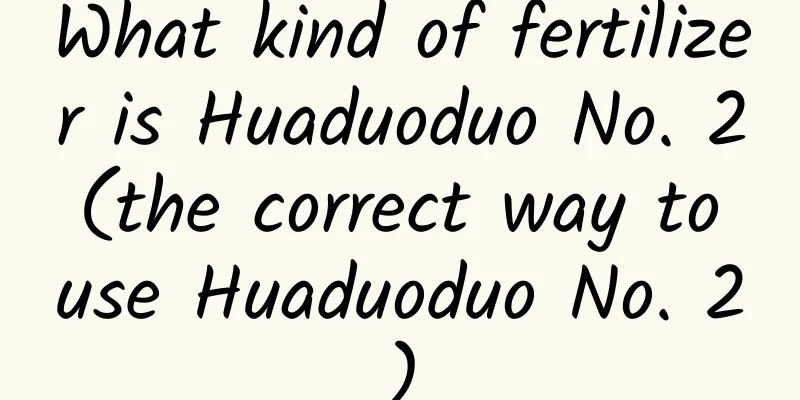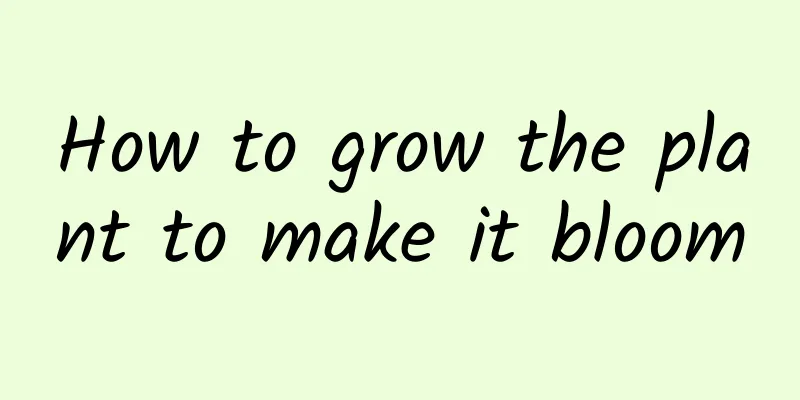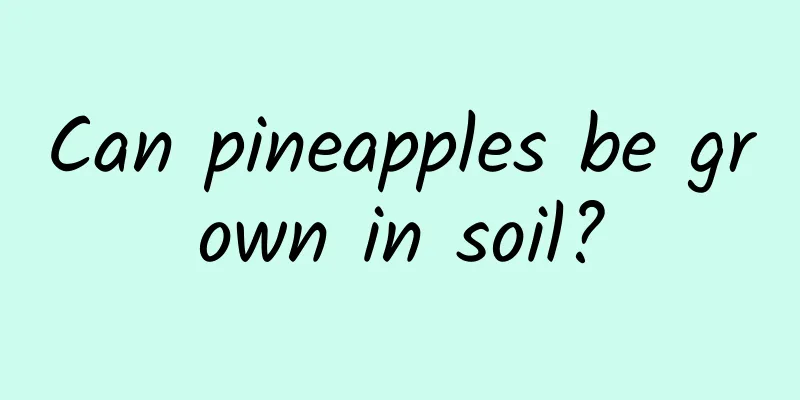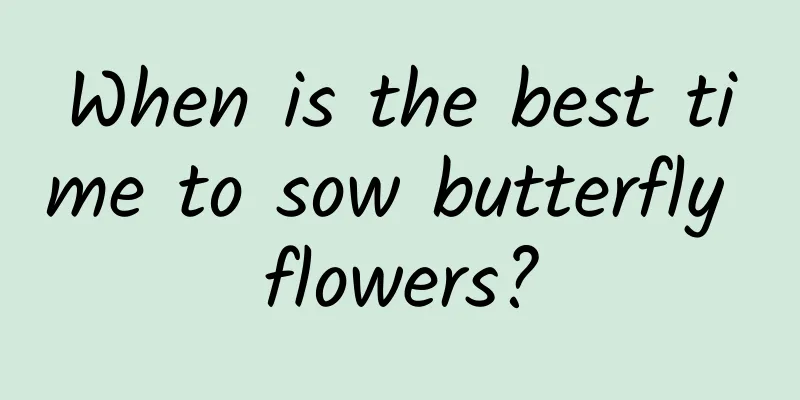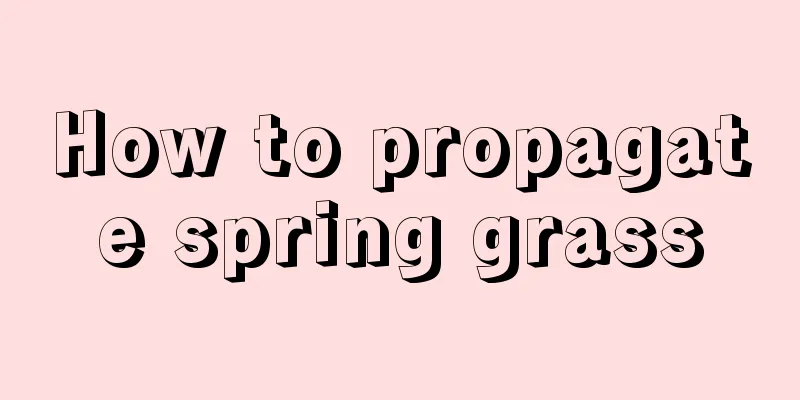What fruit trees are best to plant in the yard (what fruit trees are good for Feng Shui in the family yard)
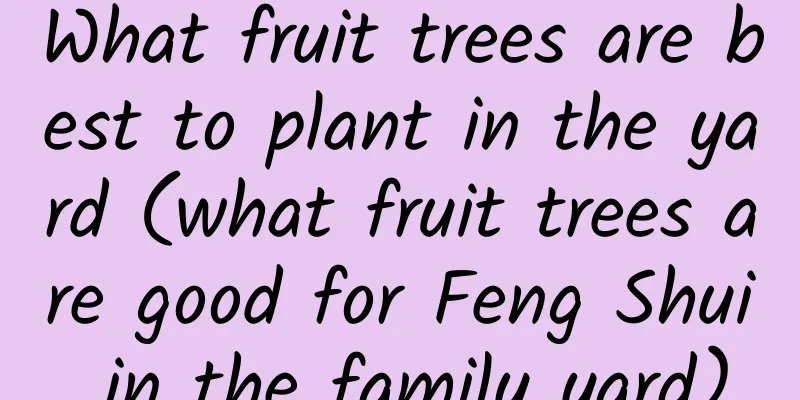
|
Trees are usually planted outside the house. If the yard is big enough, you can choose a location to the east. In rural areas, people usually choose to plant a tall tree outside the house so that they can provide shade when the saplings grow up. In particular, when planting some fruit trees in the courtyard, you can choose those that like light, are relatively sun-resistant, not afraid of exposure, resistant to drought and dryness, and are relatively wind-resistant and cold-resistant. They grow in the open air and are not afraid of cold or heat. Especially for those in the countryside with yards, it symbolizes a prosperous life, early birth of a son, and a harmonious family, so many people like to plant jujube trees in the yard. First, guava:There are many new varieties of guava now, but they are mainly suitable for yards in the south because guava is not cold-resistant and will freeze to death when the temperature drops below zero degrees. There are now varieties of guava that bear fruit three times a year, which is very suitable for yard planting. There are endless guava fruits to eat all year round. However, you need to pay attention when maintaining it to prevent powdery mildew and caterpillars. Second, pomegranate:Pomegranate is a very festive plant. Its flowers are large and bright. When it bears fruit, the fruit looks like a lantern, hanging on the branches. It is very beautiful. Moreover, the fruit of pomegranate is sour and sweet, very delicious and rich in nutrition. Before planting, you should pay attention to the variety, because pomegranates and some greening varieties are mainly flowering and the fruits are not large. Third, persimmon:Persimmons have good cold resistance, and their requirements for the environment and soil are not very high. They are suitable for planting in small courtyards in the north and south. When planting, as long as the soil is not waterlogged, it can meet the growth needs. The meaning of the persimmon tree is also quite good, "everything goes well". When planting, you should also choose the right variety in advance. Persimmon fruits now have two types: soft and crisp. Everyone can choose according to their preferences. Fourth, jujube tree:The jujube tree is also a fruit tree that is very suitable for planting in the north and south. In the south, it is often planted together with longan and lotus seeds and is called "early birth of a son", which has a very good meaning. The jujube tree has strong adaptability to the environment and soil, and is very easy to maintain and manage. The jujube tree tastes very good and contains vitamins, proteins, crude fiber and other nutrients. |
Recommend
Do chrysanthemums like the sun?
Chrysanthemums like the sun Chrysanthemum is a su...
How to prolong the flowering period of peony and regulate the flowering period of peony
1. How to prolong the flowering period 1. Prevent...
Is fig a shade-loving or sun-loving plant?
Do figs prefer shade or sun? Fig is a sun-loving ...
If you plant flowers in the right place, you can gather wealth and ward off disasters. If you plant them in the wrong place...
Flowers for the living room Taboos for living roo...
What are the trees that bloom in winter?
1. Wintersweet Plum blossoms usually bloom in spr...
How to fertilize seven-mile fragrance, what fertilizer is good to use
1. Fertilization time The best time to fertilize ...
Cultivation methods and precautions of four-season chrysanthemum
Four-season chrysanthemum is relatively easy to g...
When is the best time to prune the jujube tree?
Time to prune jujube trees The jujube tree can be...
How to grow banyan trees
Banyan Tree Growing Conditions Banyan trees prefe...
Why is gardenia unlucky? What are its meanings and legends?
1. Why is it unlucky? Gardenia is a common orname...
How to grow Selaginella
1. Maintenance conditions 1. Soil: Generally, we ...
How to plant pepper seeds?
Peppers are primarily propagated by seeds, which ...
When is the right time to plant iris?
Best time to plant iris Try to plant morning glor...
What kind of soil is good for growing dripping Guanyin
1. Soil requirements 1. Fertilization: Fertile so...
How to grow potted lilies
1. Change the pot in time For potted plants, you ...
